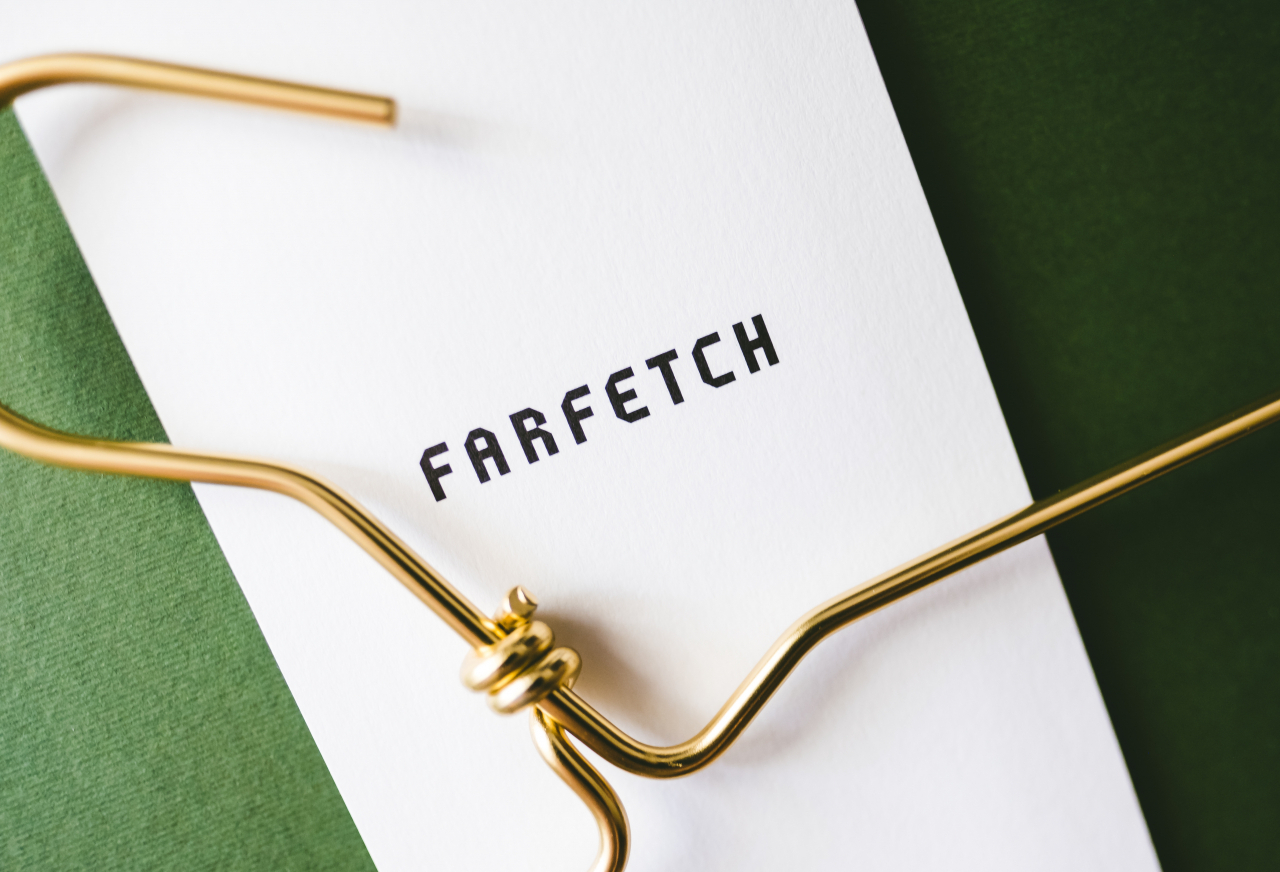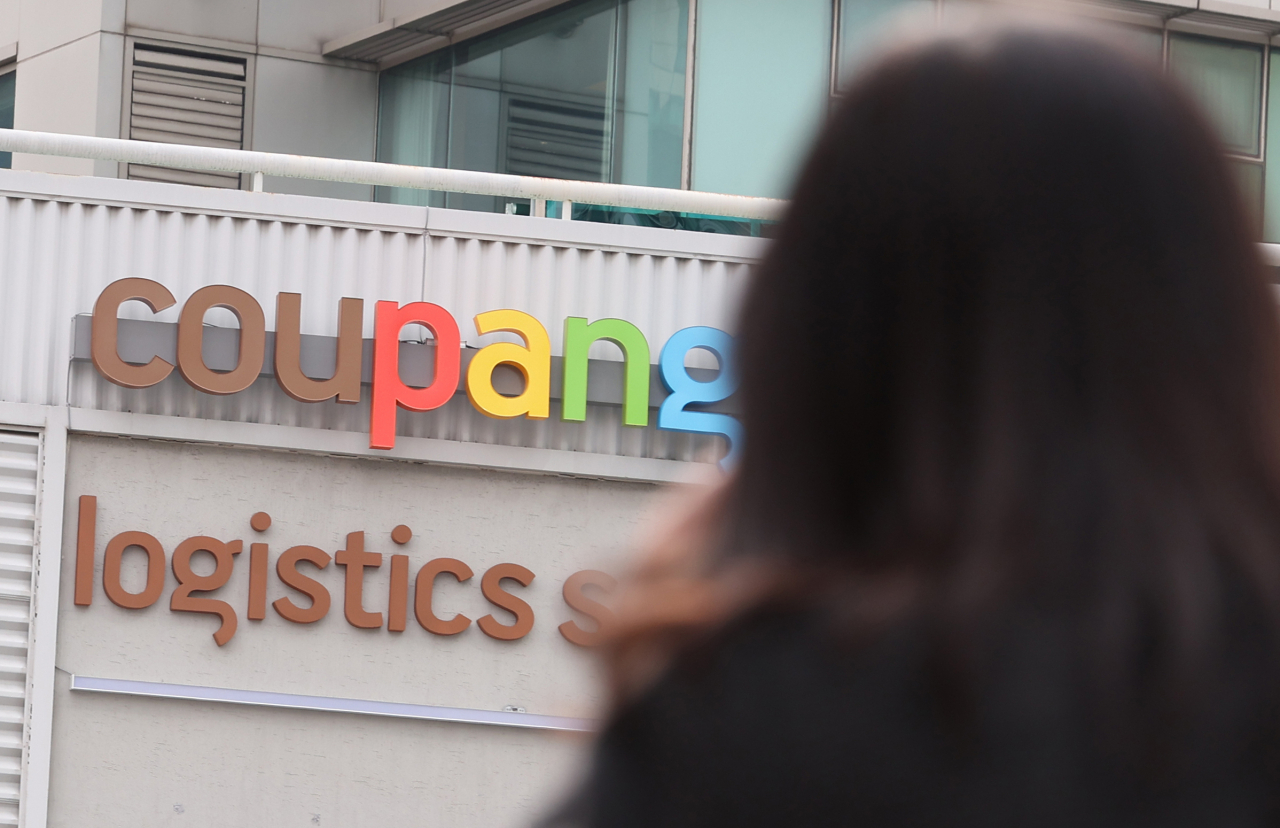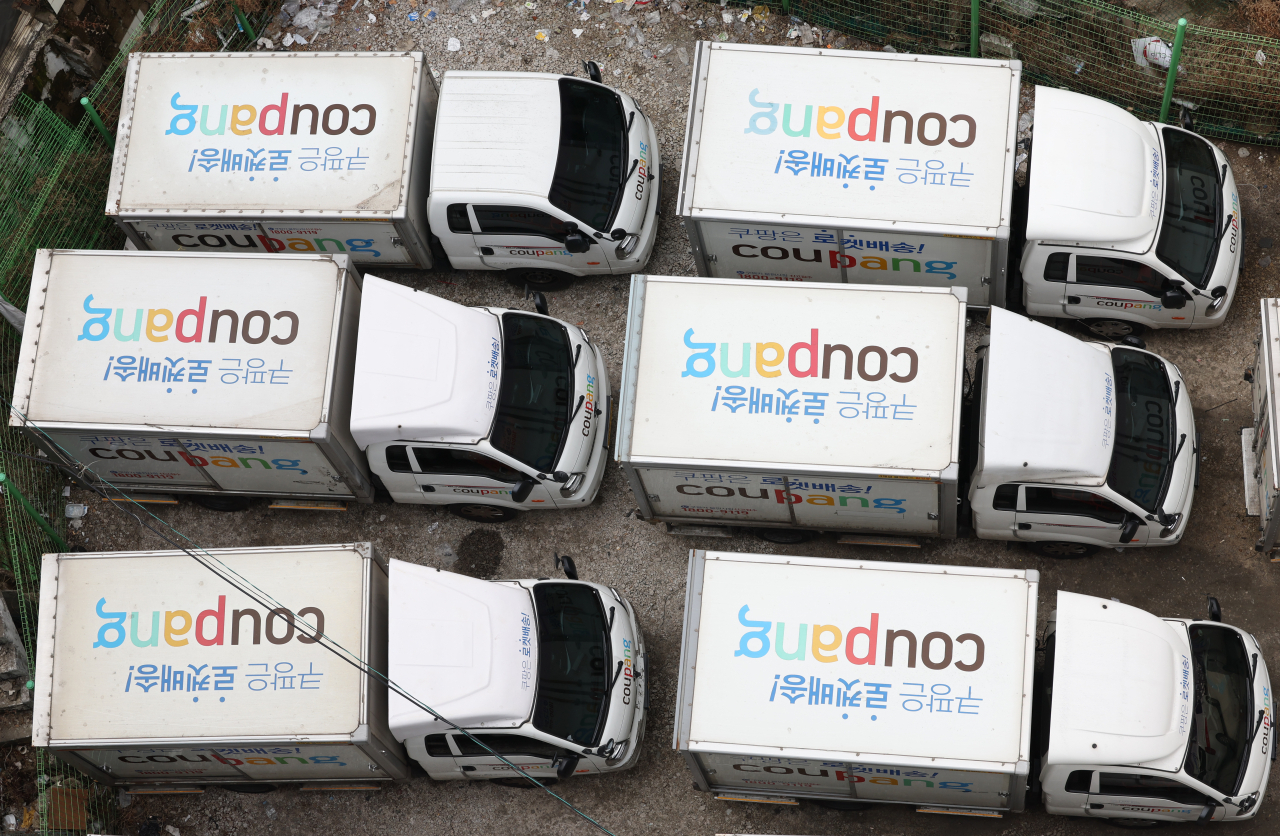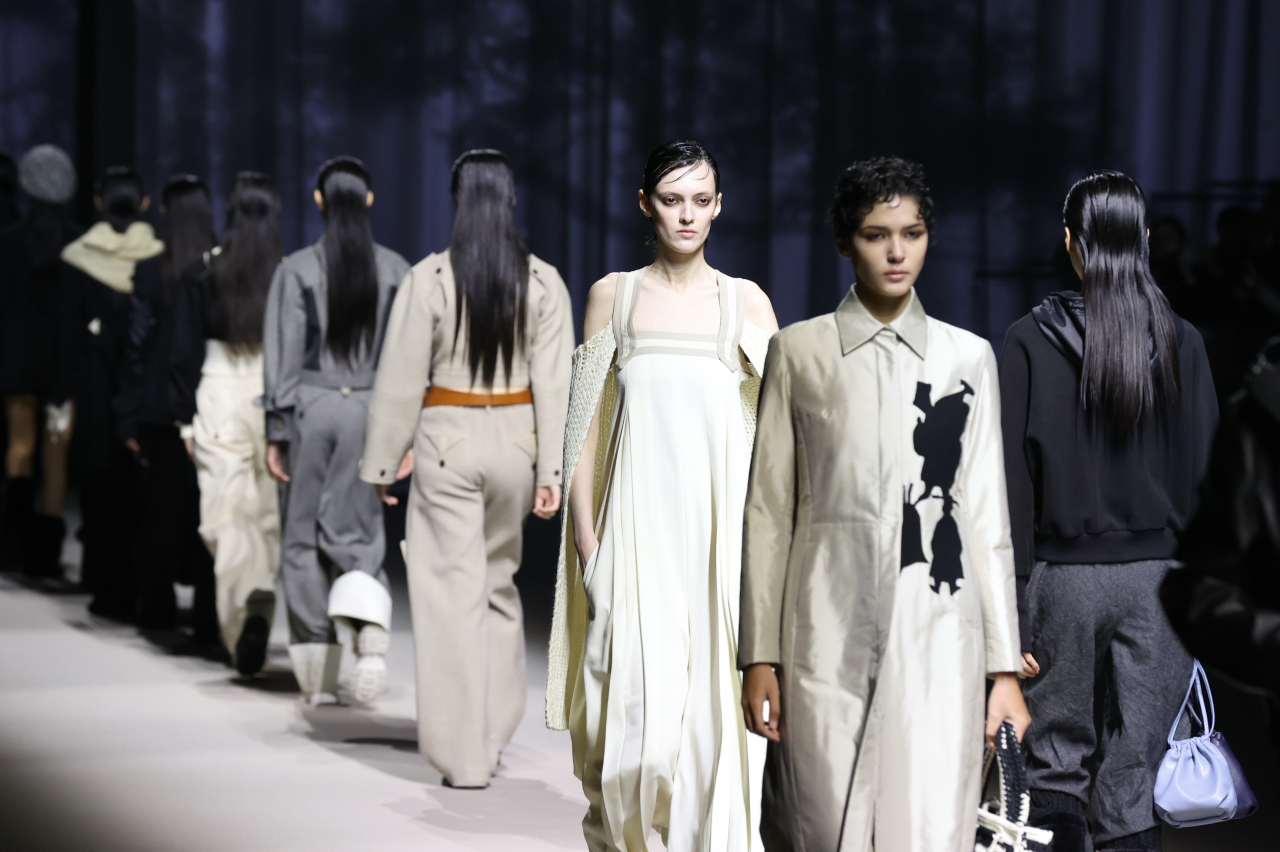[KH Explains] Coupang's Farfetch gambit: Was the deal undervalued?
By Kim Hae-yeonPublished : March 12, 2024 - 15:13

In December last year, South Korean e-commerce giant Coupang made a surprise announcement that it was buying Farfetch, the British luxury shopping platform, in a $500 million deal.
The highly-publicized acquisition seemed like a win-win for both: Coupang’s global expansion could be accelerated, backed by Farfetch’s extensive business network, while cash-strapped Farfetch could streamline its operations to elevate its sluggish profits.
But a group of Farfetch investors, called the 2027 Ad Hoc Group, say they are unhappy with the Coupang deal, saying the buying price is too low.
$3 billion vs. $500 million
The 2027 Ad Hoc Group is a group of institutional investors with their combined assets under management worth over $1 trillion. They claim they own over 50 percent of Farfetch’s 3.75 percent convertible bonds due 2027.
“We have significant concerns about the opaque way in which the Coupang deal took place,” the group told The Korea Herald in a recent email interview. "We find it very difficult to believe that a proper process was run -- we understand the financial advisors advising Farfetch were hired just two weeks before the deal was completed."
Highlighting the stark disparity between broker valuations and the final deal price, the group said, Coupang’s offer significantly undervalued Farfetch.
According to the group, analyst consensus, including that from Farfetch's house broker JPMorgan, valued the company at over $3 billion, whereas the final deal settled at $500 million.
They also claimed that Farfetch did not make enough efforts to attract potential buyers and elevate the deal conditions.
"No official restructuring programs had been run, and therefore there was no reason why the business could not have been operated more profitably," the group said, hinting at legal actions to challenge the deal.

Closed deal
Industry watchers predict a limited impact from the investor backlash because the deal has already been closed. Now key questions remain on how Coupang will boost Farfetch’s profitability and prove the true value of the acquisition.
“Since Coupang has not yet outlined any specific plans or strategies concerning Farfetch, it may be too early to evaluate the deal’s true value,” said an investment bank analyst in Seoul who wished to be unnamed. “Coupang is known to be a growth-driven company. Its prompt decision to buy Farfetch shows how confident it is in turning around the business.”
About the undervaluation claims, he said that Coupang purchased Farfetch at the right time.
Farfetch commenced trading at $27 per share upon its debut on the New York Stock Exchange in 2018. Three years down the line, the firm experienced its peak performance with shares skyrocketing, and its market capitalization eventually reaching up to $23 billion in 2021.
However, as consumers began tightening their wallets amidst macroeconomic concerns, Farfetch's share price plummeted to 60 cents by December last year, marking its lowest point since its listing, with a 97 percent decline from its initial public offering. At this critical juncture, Coupang chose to acquire Farfetch, aiming to rejuvenate the struggling company.

Coupang’s gambit
Farfetch is renowned for offering approximately 1,400 luxury brands worldwide, serving customers in nearly 190 countries. Coupang's strategy for expanding and restructuring its portfolio, as well as its target consumer globally, remains to be clarified. However, it is evident that Coupang recognizes the potential synergy with the extensive global value chain.
“Coupang has poured resources into expanding its business beyond Korea. But that could have been a time-consuming process involving different markets and different consumers,” an industry source said on condition of anonymity. “By acquiring Farfetch, it has secured the operational know-how of a major global shopping platform at once.”
UK-based Farfetch has provided 90-minute and same-day delivery services in major cities like New York, Paris and Milan. But when it has come to Korea, deliveries have taken five days. Taking advantage of Coupang’s logistics network of over 100 distribution centers nationwide, it is also expected to speed up delivery time in Korea, one of the biggest luxury markets in Asia.
Coupang also aims to enhance its brand image from a general merchandise online platform to a comprehensive global platform by vertically expanding its merchandise sectors, according to Lee Jung-hee, a business and economics professor at Chung-Ang University.
"Coupang Eats and Coupang Play are examples of successful 'vertical' ventures despite entering their respective markets late. Now, Coupang sets its sights on the luxury fashion sector, representing a globally lucrative opportunity," Lee said.

Market reshaping
According to Bain and Company's 2024 report, the global luxury goods market posted 4 percent growth in sales in 2023 compared to a year ago. But business uncertainty persists, with mixed signals coming from key markets such as China, the US and Europe.
The luxury e-commerce market is also feeling the pinch.
A week before Coupang’s Farfetch deal was publicized, Frasers Group, the UK retail conglomerate, announced its acquisition of Matches, Farfetch’s rival platform, in a $65 million deal. But this week, Frasers said it is closing down Matches, saying the platform is losing too much money.
With the fashion e-commerce market being polarized into ultra-luxury and fast-fashion, the existing “luxury” platforms like Matches and Farfetch are struggling to maintain their loyal customers, suffering from slowing profits.
In his recent column, Imran Amed, CEO of The Business of Fashion, also advised Coupang to prioritize securing the supply of luxury products from boutiques and smaller brands, alongside cultivating relationships with mid-tier luxury brands.
In February’s earnings call when Coupang reported its first-ever annual profits, its CEO Kim Bom also made it clear that the company has no intention to pour more money, saying Farfetch should be “self-funded.”
“We hope in a few years, we will be having the conversation about how Coupang turned Farfetch into a business that transformed the customer experience around luxury fashion, while also providing strategic value for Coupang. It’s too early for that conversation today.”











![[Hello India] Hyundai Motor vows to boost 'clean mobility' in India](http://res.heraldm.com/phpwas/restmb_idxmake.php?idx=644&simg=/content/image/2024/04/25/20240425050672_0.jpg&u=)








